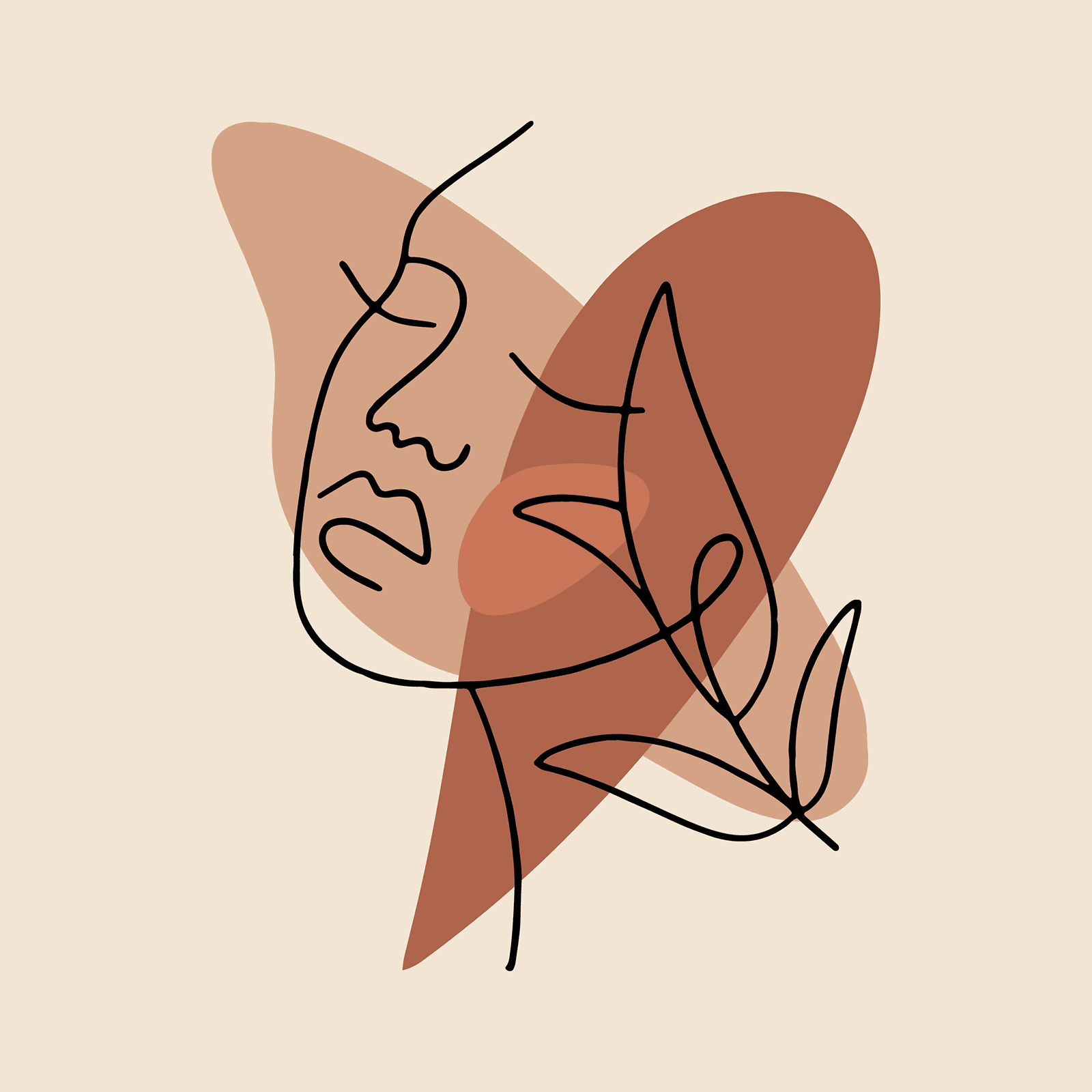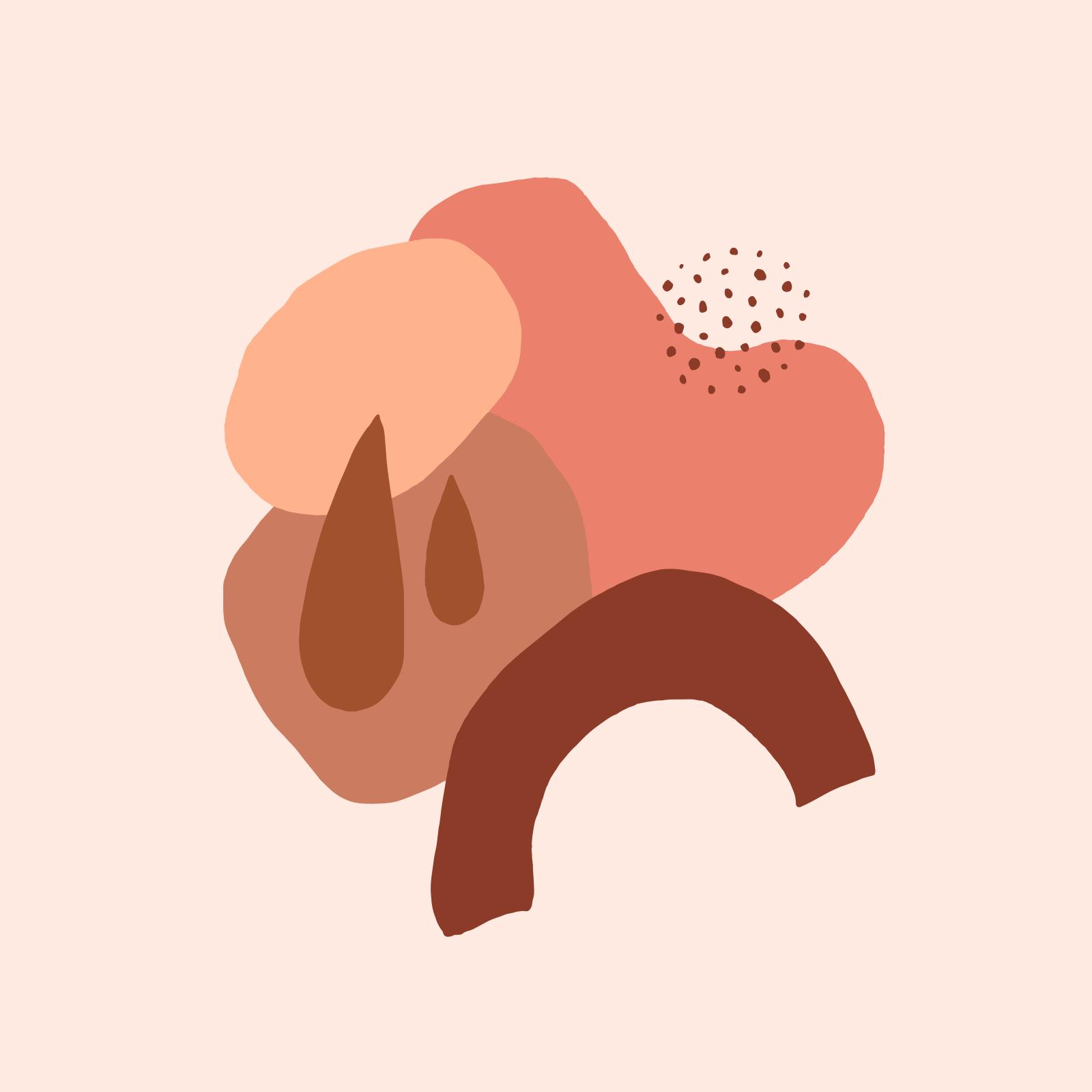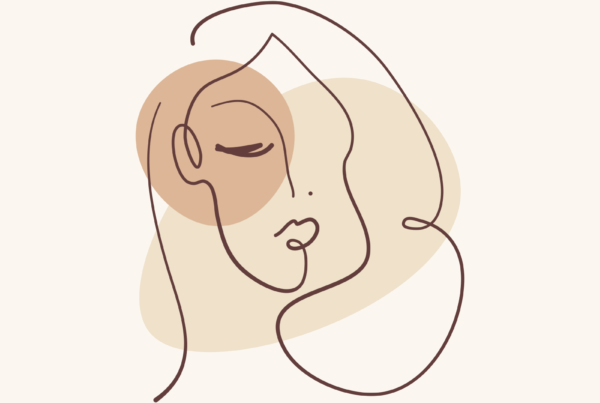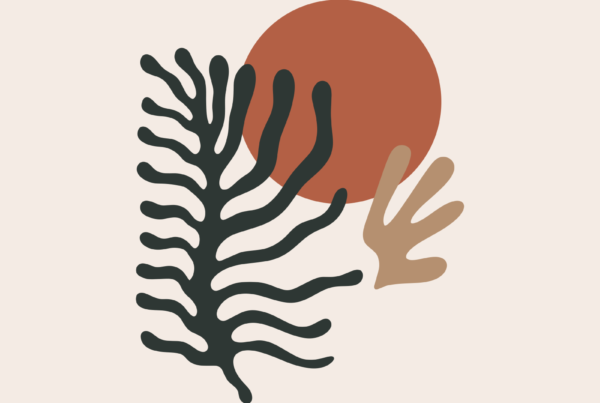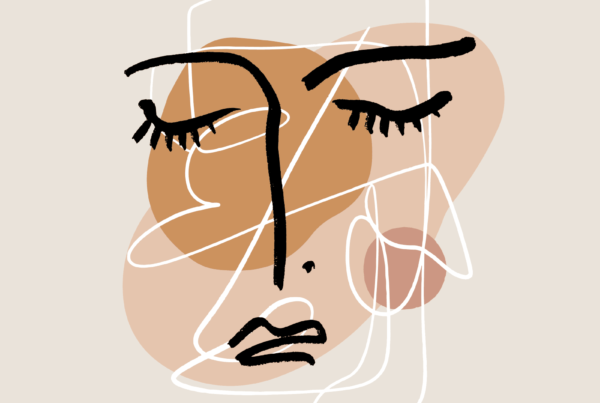Laymen often confuse and confute ‘personality’ with ‘character’ and ‘temperament’, but what really IS personality?
In their opus magnum “Personality Disorders in Modern Life“, Theodore Millon and Roger Davis define personality as:
”(A) complex pattern of deeply embedded psychological characteristics that are expressed automatically in almost every area of psychological functioning.
The Diagnostic and Statistical Manual (DSM) IV-TR (2000), published by the APA (American Psychiatric Association), additionally defines personality traits as:
”Enduring patterns of perceiving, relating to, and thinking about the environment and oneself that are exhibited in a wide range of social and personal contexts.
Our temperament is the biological-genetic template that interacts with our environment. More so it is a set of in-built dispositions we are all born with. It is mostly unalterable, although recent studies demonstrate that the brain is far more elastic than we once thought.
In other words, our temperament is our nature, it is implicit.

Our character on the other hand, is largely the outcome of the process of socialisation, the acts and imprints of our environment and nurture on our psyche during the formative years (0-6 years and in adolescence). It can be seen as the set of all the acquired characteristics we posses, often judged in a cultural-social context.
Interestingly, the interplay of all these factors sometimes results in an abnormal personality.
So drawing on these essential differences that exist between our temperament and character, we can clearly conclude that personality is neither of these traits explicitly, but rather a wholesome mixture of all these elements together.
Do you agree? Or would you define personality differently? Is this attempt at trying to succinctly generalise the definition of personality futile, as it is of course a far wider and more complex topic? Let me know what you think.

